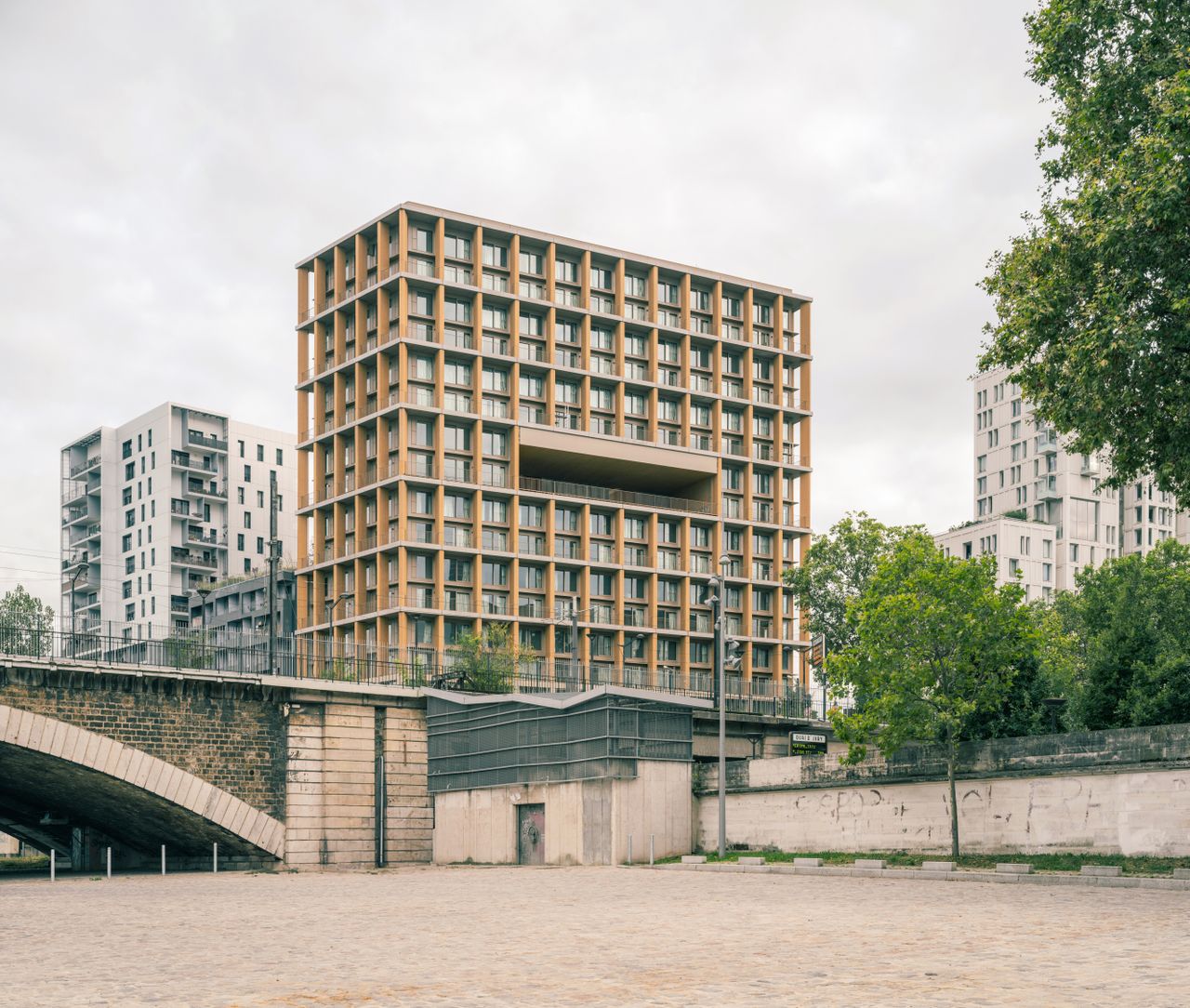
On the morning of Friday, May 1st I decided to book a three night stay at the Renaissance Hotel over the Metropark Hotel in Wan Chai, Hong Kong. That was a fortunate decision. Upon landing in Hong Kong from Beijing I saw that people were taking the H1N1 flu seriously. As the above photo illustrates, numerous passengers, and every HK airport employee were wearing protective masks. I was asked to fill out a new type of health form that asked if I had 'contact with pig'.
Once in Wan Chai, HK my girlfriend and I passed a chaotic scene of police, medical workers and press photographers wearing masks outside the Metropark Hotel as we walked to the nearby entertainment district Central. I commented that someone inside the Hotel was probably infected with the H1N1 virus. I was right.
Earlier in the day flight MU505 from Shanghai to Hong Kong carried a Mexican passenger who was infected with the H1N1 virus and checked in to the Metropark Hotel. The passenger became the first confirmed H1N1 flu victim in Asia. The Hong Kong and Chinese government swiftly reacted by placing all 354 hotel guests and staff under a seven day quarantine inside the Metropark Hotel. In addition all flights between Mexico and China were cancelled indefinitely. Throughout China crowds are the norm, personal space is a luxury, and public spitting is prevalent. Under such conditions it is easy to understand China's reaction to prevent an epidemic from catching hold of the population.
 The South China Morning Post reported that local HK restaurant owners in Wan Chai were suffering economically from a 50% drop in business. But entrepreneurial local street vendors could be seen selling enormous quantities of protective face masks. Perhaps the street vendors are analogous for the current financial downturn, where despite a global crisis situation, hardworking Chinese continue to profit.
The South China Morning Post reported that local HK restaurant owners in Wan Chai were suffering economically from a 50% drop in business. But entrepreneurial local street vendors could be seen selling enormous quantities of protective face masks. Perhaps the street vendors are analogous for the current financial downturn, where despite a global crisis situation, hardworking Chinese continue to profit. 




